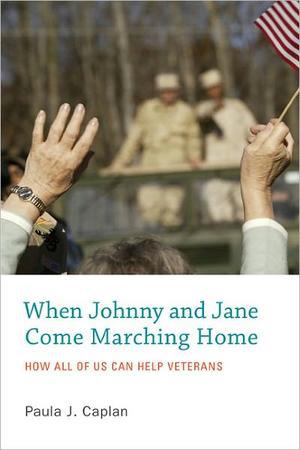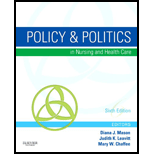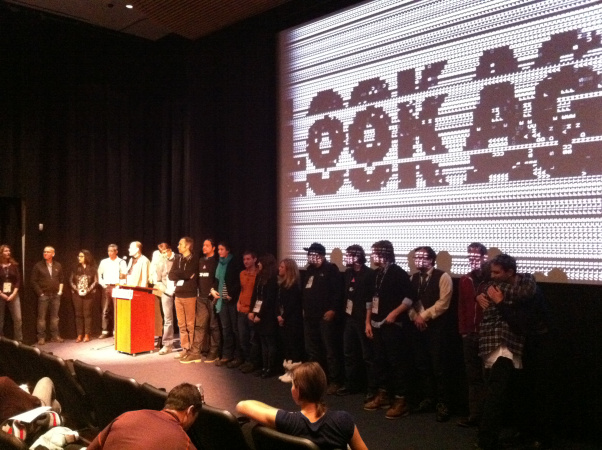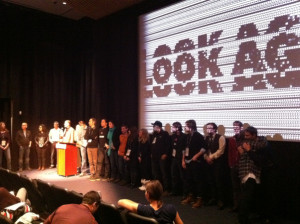Paula Caplan PhD “How are decisions made about who is normal?”
Barbara Glickstein is co-director of CHMP and co-producer/host of Healthstyles.
Tune in Thursday, January 25 at 11:00 PM to Healthstyles wbai.org 99.5FM Pacifica Radio
How are decisions made about who is normal?
Barbara Glickstein interviews Paula J. Caplan, Ph.D., a clinical and research psychologist; Fellow, Women and Public Policy Program, Kennedy School, and the Director of the Voices of Diversity Study based at the DuBois Institute at Harvard; author of 12 books, including When Johnny and Jane Come Marching Home: How All of Us Can Help Veterans and They Say You’re Crazy: How the World’s Most Powerful Psychiatrists Decide Who’s Normal; and a playwright, actor, and director. She writes a blog for Psychology Today. Her websites are whenjohnnyandjanecomemarching, psychdiagnosis, and paulajcaplan.
Dr. Caplan is part of a growing movement of clinicians calling for Congressional hearings and a boycott of the Diagnostic and Statistical Manual of Mental Disorders (DSM-5 is now in preparation) because she stated,” that psychiatric diagnosis is not grounded in good science and causes a vast array of harm to people who have turned for alleviation of their suffering to those who are called helping professionals.”
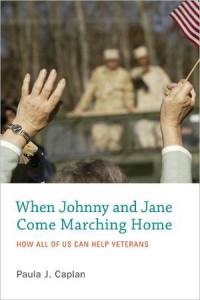 Most recently, she has driven this point home with her impassioned work to address the current needs of returning soldiers and veterans. The diagnoses and treatment plans are not working. She is advocating for resources so that they can heal emotionally without using psychiatric labels or psychiatric drugs but for more access to nonpathologizing, low-risk approaches to war trauma. Her latest book addresses this issue, When Johnnie and Jane Come Marching Home: What All of Us Can Help Veterans.
Most recently, she has driven this point home with her impassioned work to address the current needs of returning soldiers and veterans. The diagnoses and treatment plans are not working. She is advocating for resources so that they can heal emotionally without using psychiatric labels or psychiatric drugs but for more access to nonpathologizing, low-risk approaches to war trauma. Her latest book addresses this issue, When Johnnie and Jane Come Marching Home: What All of Us Can Help Veterans.
Barbara Glickstein is co-director of CHMP and



